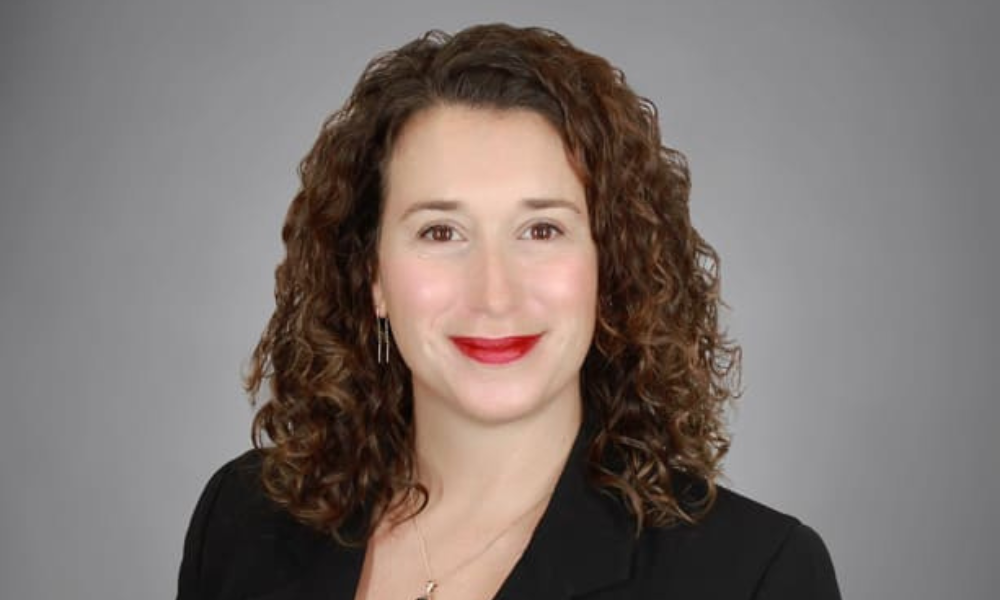
Employment lawyer Carly Stebbing provides insights, tips for HR

Workplace complaints are nothing new – after all, not all colleagues are destined to get along famously.
According to research from CPP Global, 85% of employees have experienced some form of conflict at work, with 12% adding that they see it frequently between their leadership teams.
Some of the most common types of arguments involve a clash of personalities (49%), stress (34%), harassment (13%) and even discriminatory practices (10%).
However, when a serious complaint concerns a high-ranking executive – say a C-suite member - is there a difference in how that case should be handled? Or is it business as usual for HR?
Carly Stebbing, Partner and Head of Employment Law at Longton Legal in Sydney, says that the first steps in a high-profile case are to determine whether it should be dealt with informally or formally.
“This is especially important when the complaint relates to sexual harassment. The new positive duty to prevent sexual harassment guidelines require a victim-centered approach. Recent amendments to work, health and safety legislation to impose a positive duty on employers to eliminate psychosocial hazards and related guidance must also be considered,” she says.
“HR should refer to the company’s policies and procedures on what steps to take for internal complaints. If there are none, proper complaint procedures provide organisational justice and procedural fairness.”
According to Stebbing, considerations should be given to ensuring:
Furthermore, during any investigation into a complaint, HR should consider the following:
From here, Stebbing tells HRD that HR practitioners should meet with the complainant to obtain more details and interview them about the facts.
“This will determine what steps to take in future, such as whether the complaint is serious enough to warrant an investigation and whether an external investigator needs to be appointed if the complaint involves serious concerns such as bullying or sexual harassment,” she explains.
It’s important to document the complaint clearly, as it may become procedurally unfair to put the allegations to the respondent if they are unclear, Stebbing says.
“Appropriate notice of the complaint should be given to the respondent and communication for all participants of the steps that will be taken. In some situations, early resolution is possible, with direct private discussion between the parties or an impartial third person helping those involved to talk to each other and find a solution.”
Gross misconduct is often the most serious level of complaint that HR needs to deal with – it can include assault, sexual harassment, fraud and theft to name a few. According to Stebbing, an executive can be fired immediately and without any notice for such an offence.
“Serious misconduct or gross misconduct is willful and deliberate behaviour that is inconsistent with the continuation of the employment contract or conduct that causes serious and imminent risk to the reputation, viability or profitability of the business, or health and safety of a person,” she explains.
“More common would be terminating the senior executive with notice or payment in lieu of notice. There is no statutory protection from unfair dismissal for employees that are not award/agreement covered and earn over the high-income threshold, currently $175,000.”
When it comes down to the crux of whether or not seniority demands some sort of leeway, Stebbing is very clear in her guidance.
“The short answer is no,” she tells HRD. “A person’s seniority in an organisation should not cause a complaint to be dealt with differently. Indeed, power imbalances between complainants and senior executives can weigh in favour of formal investigations and the matter being taken more seriously.
That said, these matters are often dealt with differently, Sebbing says, “because of the real or perceived sensitivity of the complaint becoming more widely known (and attracting media attention) and because senior executives are not typically protected from unfair dismissal.”
According to Stebbing, other reasons this type of complaint might be dealt with differently include: